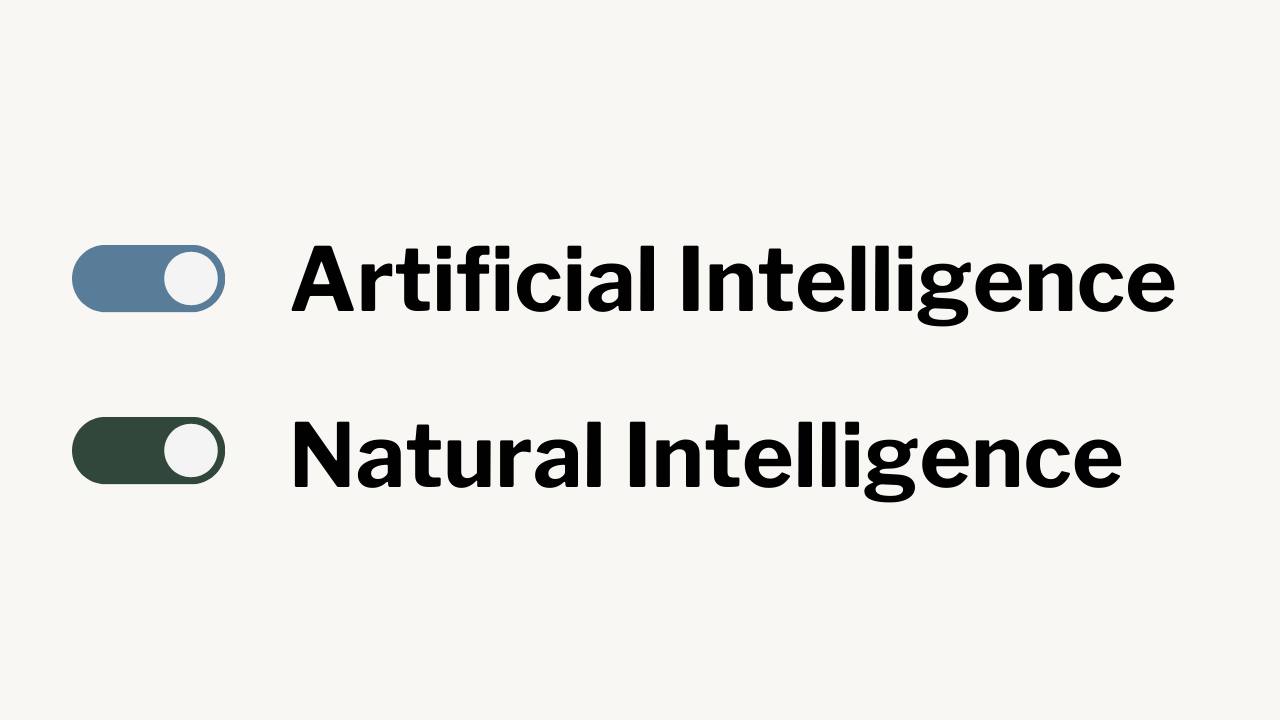#007 - The Year You Started Cloning Yourself.
The conversation around AI in the executive suite has become predictable, and frankly, a little boring. We're told AI is a hyper-efficient assistant that can summarize meetings, clear our inboxes, and draft emails. These are fine, but they are tactical efficiencies. It's using a supercomputer to solve problems that a pocket calculator can handle.
This focus on simple productivity misses the entire point. The true revolution isn't about delegation. It's about cognitive augmentation. It's not about offloading tasks to a machine, but scaling your unique intellect with a machine.
Clone yourself.
The paradigm shift is this: stop thinking about building an AI assistant and start architecting your "Digital Alter Ego." Not the sci‑fi way. The practical way.
Imagine your day starting not with news headlines, but with a synthesized brief from your alter ego: "Based on overnight market shifts, I've identified a 15% risk to our Q4 forecast. I have also simulated three mitigation strategies aligned with your stated risk tolerance."
Before a board meeting, it acts as a sparring partner, pressure-testing your plan: "The strategy you're presenting rests on three key assumptions. My analysis shows assumption #2 has a 40% probability of failure. Shall I generate a contingency plan?"
This is the promise: an AI that moves beyond executing tasks to scaling your most valuable asset—your judgment.
Your next strategic hire isn't human, but onboarding is mandatory.
But here is the critical insight. You cannot buy this off the shelf. A powerful alter ego cannot be built on generic data. Its strategic value is directly proportional to the quality of the proprietary data it's trained on—and the most valuable dataset you have is your own mind.
To build this, you must first provide the blueprint. You need a structured, distilled, and interconnected map of your knowledge, your mental models, and your decision-making principles. Without this foundation, you have a "digital jungle" rather than an intelligent system. You cannot clone a mind that you haven't first mapped.
This foundational work is the most crucial and strategic step you can take. It's not a technological challenge. It's an architectural one. Before you can build your first actual AI agent, you must first design its brain.
Which clones should you build?
You don't need a dozen experiments. Start with a few digital employees who free up your time and compound your expertise.
-
Content creator: Drafts on-brand posts, scripts, product descriptions (and even images/videos) fast—while you keep personalization and oversight.
-
Strategic advisor: Challenges your assumptions using your mission, constraints, and data to surface root causes and propose high-leverage moves with concrete next steps.
-
Executive coach: Offers real-time guidance and reflection prompts, automates logistics, and tracks progress so you can focus on decisions that matter.
-
Growth advisor: Runs always-on lead gen and nurture, qualifies prospects, schedules meetings, and gathers feedback so you spend time closing.
Don't marry a vendor.
The temptation is to pick one platform and go all‑in. Resist it.
Today, I might use OpenAI's ChatGPT. Tomorrow, it's Google Gemini. Next week, Microsoft Copilot catches my eye. The field changes monthly. Stay light on your feet and avoid locking yourself into one stack.
My latest blog post provides a glimpse of the first steps.
Your move.
More on AI agents setup and example prompts here:
👉 Before You Build Your First AI Agent, Read This.




